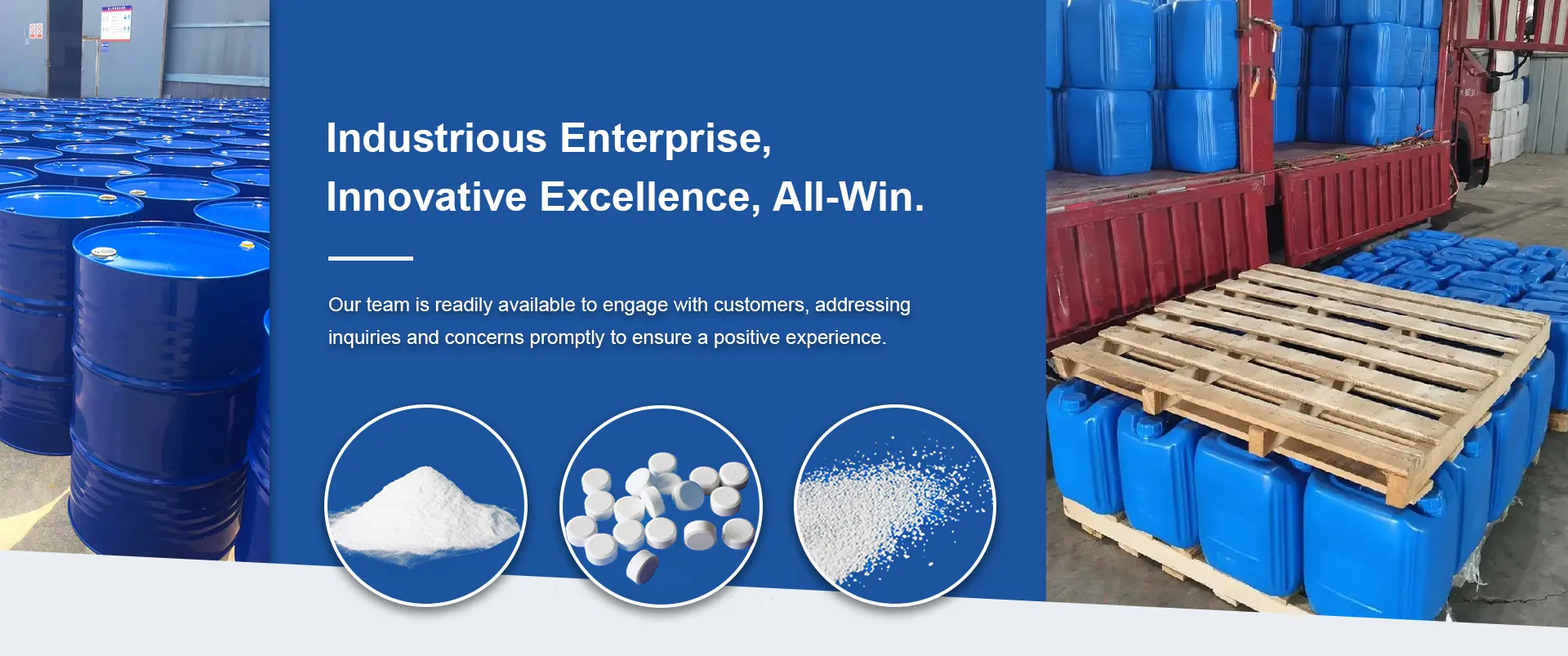Heartworm disease is a severe and potentially fatal condition caused by parasitic worms that can affect a dog’s heart and lungs. The good news is that heartworm disease is entirely preventable with monthly medications. Heartworm preventatives usually come in the form of chewable tablets or topical treatments and are typically administered from spring to fall in most regions. Regular testing for heartworms is essential, so always consult your veterinarian for a proper testing schedule.










